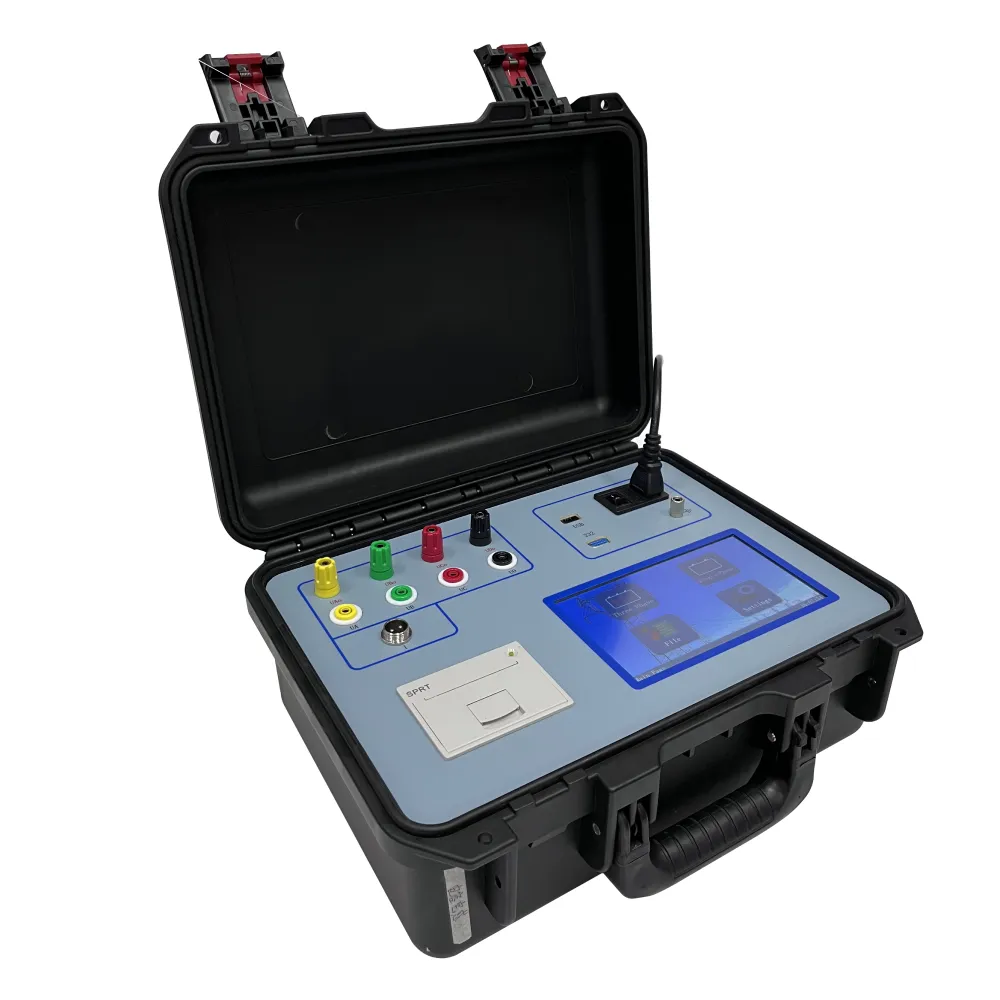 English
English



-
 Afrikaans
Afrikaans -
 Albanian
Albanian -
 Amharic
Amharic -
 Arabic
Arabic -
 Armenian
Armenian -
 Azerbaijani
Azerbaijani -
 Basque
Basque -
 Belarusian
Belarusian -
 Bengali
Bengali -
 Bosnian
Bosnian -
 Bulgarian
Bulgarian -
 Catalan
Catalan -
 Cebuano
Cebuano -
 China
China -
 China (Taiwan)
China (Taiwan) -
 Corsican
Corsican -
 Croatian
Croatian -
 Czech
Czech -
 Danish
Danish -
 Dutch
Dutch -
 English
English -
 Esperanto
Esperanto -
 Estonian
Estonian -
 Finnish
Finnish -
 French
French -
 Frisian
Frisian -
 Galician
Galician -
 Georgian
Georgian -
 German
German -
 Greek
Greek -
 Gujarati
Gujarati -
 Haitian Creole
Haitian Creole -
 hausa
hausa -
 hawaiian
hawaiian -
 Hebrew
Hebrew -
 Hindi
Hindi -
 Miao
Miao -
 Hungarian
Hungarian -
 Icelandic
Icelandic -
 igbo
igbo -
 Indonesian
Indonesian -
 irish
irish -
 Italian
Italian -
 Japanese
Japanese -
 Javanese
Javanese -
 Kannada
Kannada -
 kazakh
kazakh -
 Khmer
Khmer -
 Rwandese
Rwandese -
 Korean
Korean -
 Kurdish
Kurdish -
 Kyrgyz
Kyrgyz -
 Lao
Lao -
 Latin
Latin -
 Latvian
Latvian -
 Lithuanian
Lithuanian -
 Luxembourgish
Luxembourgish -
 Macedonian
Macedonian -
 Malgashi
Malgashi -
 Malay
Malay -
 Malayalam
Malayalam -
 Maltese
Maltese -
 Maori
Maori -
 Marathi
Marathi -
 Mongolian
Mongolian -
 Myanmar
Myanmar -
 Nepali
Nepali -
 Norwegian
Norwegian -
 Norwegian
Norwegian -
 Occitan
Occitan -
 Pashto
Pashto -
 Persian
Persian -
 Polish
Polish -
 Portuguese
Portuguese -
 Punjabi
Punjabi -
 Romanian
Romanian -
 Russian
Russian -
 Samoan
Samoan -
 Scottish Gaelic
Scottish Gaelic -
 Serbian
Serbian -
 Sesotho
Sesotho -
 Shona
Shona -
 Sindhi
Sindhi -
 Sinhala
Sinhala -
 Slovak
Slovak -
 Slovenian
Slovenian -
 Somali
Somali -
 Spanish
Spanish -
 Sundanese
Sundanese -
 Swahili
Swahili -
 Swedish
Swedish -
 Tagalog
Tagalog -
 Tajik
Tajik -
 Tamil
Tamil -
 Tatar
Tatar -
 Telugu
Telugu -
 Thai
Thai -
 Turkish
Turkish -
 Turkmen
Turkmen -
 Ukrainian
Ukrainian -
 Urdu
Urdu -
 Uighur
Uighur -
 Uzbek
Uzbek -
 Vietnamese
Vietnamese -
 Welsh
Welsh -
 Bantu
Bantu -
 Yiddish
Yiddish -
 Yoruba
Yoruba -
 Zulu
Zulu
dynamic absolute viscosity
Understanding Dynamic Absolute Viscosity A Comprehensive Overview
Viscosity is a fundamental property of fluids that describes their resistance to flow. Among the various types of viscosity, dynamic absolute viscosity, often referred to simply as viscosity, is a critical parameter that plays a vital role in numerous scientific and engineering applications. Understanding dynamic absolute viscosity is essential for professionals in fields ranging from chemical engineering to biomedical research.
Dynamic absolute viscosity is defined as the measure of a fluid’s internal resistance to flow when an external force is applied. It quantifies how much effort is needed to move one layer of fluid relative to another. Mathematically, it is expressed in units of pascal-seconds (Pa·s) in the SI system, or poise in the centimeter-gram-second (CGS) system. This property is crucial when analyzing fluid behavior in various conditions, such as in pipelines, biological systems, and manufacturing processes.
One of the main factors affecting dynamic absolute viscosity is temperature. Generally, as temperature increases, the viscosity of liquids decreases, resulting in a more fluid-like behavior. Conversely, gases exhibit a temperature-dependent increase in viscosity with rising temperature. This temperature dependency is a key consideration in processes involving heat exchange, lubrication, and fluid transport.
Another significant factor influencing viscosity is the composition of the fluid. For example, mixtures of different liquids can have varying viscosity levels depending on their concentration and molecular interactions. Polymers are another example of materials where viscosity is heavily influenced by their molecular structure, including chain length and branching. In the case of non-Newtonian fluids, the relationship between shear rate and viscosity can be complex. Unlike Newtonian fluids, which have a constant viscosity regardless of the applied shear rate, non-Newtonian fluids can exhibit shear-thinning or shear-thickening behavior. Understanding these behaviors is essential for industries like food processing and cosmetics, where the flow characteristics of products can significantly affect quality and performance.
dynamic absolute viscosity

The measurement of dynamic absolute viscosity is conducted using various methods, each suited for specific fluid types and conditions
. Common techniques include capillary viscometers, rotational viscometers, and falling ball viscometers. These instruments provide valuable data, allowing scientists and engineers to characterize fluid behavior under different conditions and to predict how these fluids will perform in real-world applications.In practical applications, dynamic absolute viscosity is pivotal in several industries. In the automotive sector, for example, lubrication fluids must have optimal viscosity to reduce friction and wear in engines. In the food industry, viscosity influences the texture and mouthfeel of products like sauces and dressings. Similarly, in the pharmaceutical field, the viscosity of drug formulations can affect their absorption and efficacy within the human body.
Moreover, dynamic absolute viscosity is a key parameter in environmental science, particularly in assessing the behavior of pollutants in water bodies. The viscosity of industrial discharge can influence its dispersion and the effectiveness of remediation techniques. Thus, accurately measuring and understanding viscosity is critical for ensuring environmental compliance and developing effective pollution control measures.
In conclusion, dynamic absolute viscosity is a vital property that affects numerous aspects of fluid behavior and applications across various fields. Its dependence on temperature, composition, and shear rate means that understanding and measuring viscosity is essential for scientists and engineers striving to optimize processes and products. As technology continues to advance, the analysis and application of dynamic absolute viscosity will remain a central focus in research and industry, enhancing our ability to manipulate and control fluids in an increasingly complex world.
-
Testing Equipment Industry Sees Major Advancements in 2025: Smart & Precision Technologies Lead the WayNewsJun.06,2025
-
Applications of Direct Current Generators in Renewable Energy SystemsNewsJun.05,2025
-
Hipot Tester Calibration and Accuracy GuidelinesNewsJun.05,2025
-
Digital Circuit Breaker Analyzer Features and BenefitsNewsJun.05,2025
-
Benefits of Real-Time Power Quality Monitoring Devices for Industrial EfficiencyNewsJun.05,2025
-
Earth Fault Loop Testing in High-Rise Building Electrical SystemsNewsJun.05,2025



